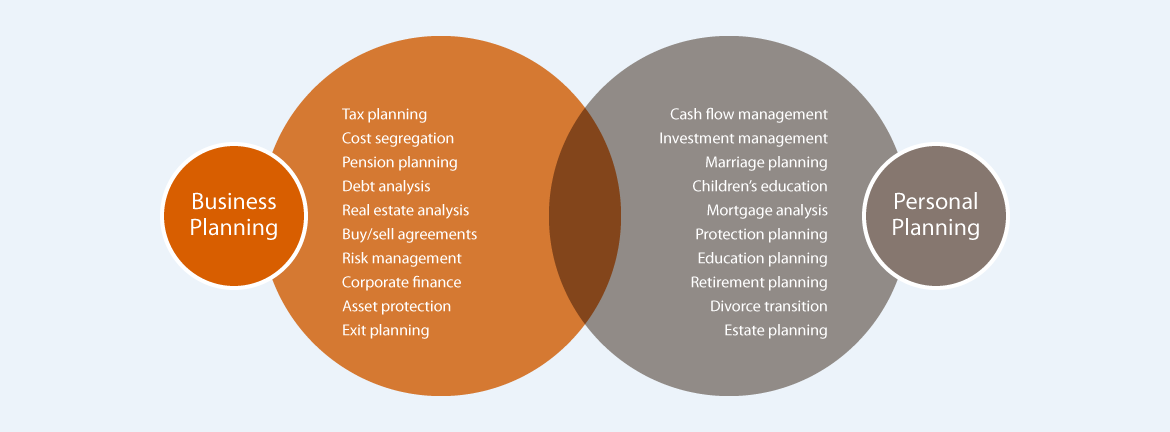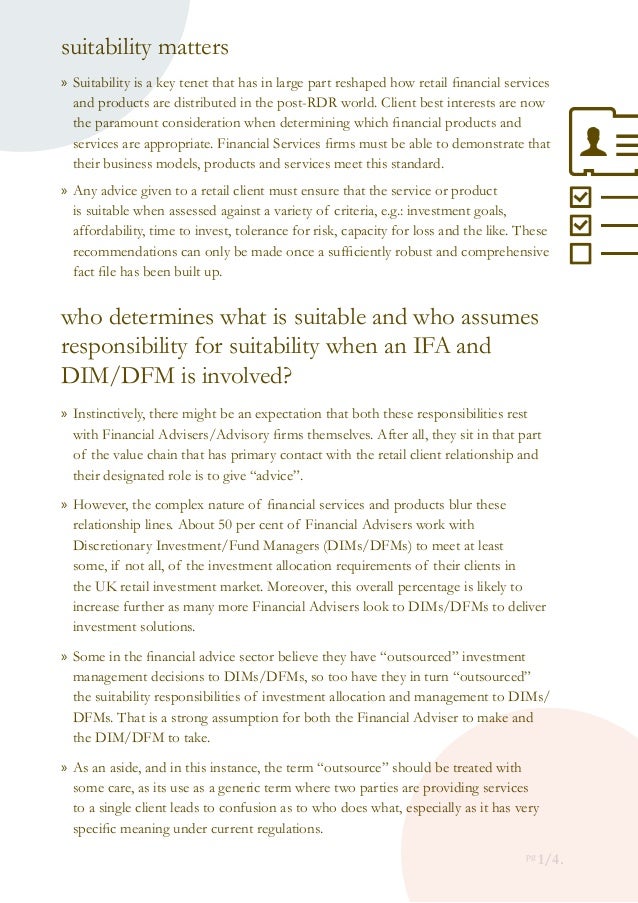
You might be wondering what the differences between a stock broker and a financial advisor are. These are some important things to keep in mind when making a decision. You can determine which option is best for you by looking at the regulatory differences between a financial adviser and a stockbroker. Consider the cost of working as a stockbroker. A fee is charged for a financial advisor's services. However, a flat fee is charged for a stockbroker's services.
There are regulatory differences between a financial adviser and a stockbroker.
Stockbrokers and financial advisors are two different types of professionals. Although both work for brokerage firms there are significant differences. First, a stockbroker is not a fiduciary, which means that he must act in the best interest of his client. An investment advisor on the other side has a fiduciary obligation to recommend investments that are in the best interest of the client. A registered investment advisor, however, is not subject the same fiduciary standard that a stockbroker. This means that the advice of an advisor must satisfy the client's investment objectives but not necessarily be in their best interests.

A stockbroker is different from a broker in that they have a more direct role in investment decisions. Brokers facilitate transactions and transfer investment products. Both fall under the authority of the Securities and Exchange Commission. Both are regulated by the SEC, an arm of the U.S. federal government. While investment advisors are regulated by the SEC, brokers are not.
Commission structure of a stockbroker
Stock broker commissions vary from one company to another. Stock broker compensation is generally a percentage on the assets they manage. The advisor's number of transactions is not relevant to his compensation. He would need to earn 1% commission on all the transactions his clients make. This would take several years. Registered investment advisors are required to uphold a fiduciary standard.
The commission structure of a stock broker is different from that of a financial adviser. The amount of money that a client invests with a stock broker is what determines the commission. A financial advisor will earn a commission depending on how much money is invested. A financial advisor typically gets a commission when clients invest their money in mutual funds. Clients then buy these products. Mutual funds are usually more expensive than individual bonds and stocks.
Working with a stockbroker is expensive
In addition to commissions, stockbrokers and financial advisers are paid through sales loads. These fees are usually three to six percent of the client’s investment amount and can range from zero to several thousand. Stockbrokers are more closely regulated than investment advisors, although both are subject to the U.S Securities and Exchange Commission. They must still meet the "suitability” criteria to be considered suitable clients.

The financial services industry has faced controversy regarding the suitability test. This is because brokers are allowed to pursue their own interests at the expense of the clients. However, the U.S. government has set a higher standard for ethics and accountability for investment advisors. This is what makes them fiduciaries. The individual financial needs of the client determine the choice between a stockbroker, or a financial advisor.
FAQ
What does a financial planner do?
A financial planner can help you make a financial plan. They can analyze your financial situation, find areas of weakness, then suggest ways to improve.
Financial planners are professionals who can help you create a solid financial plan. They can advise you on how much you need to save each month, which investments will give you the highest returns, and whether it makes sense to borrow against your home equity.
Financial planners typically get paid based the amount of advice that they provide. Some planners provide free services for clients who meet certain criteria.
What Are Some Benefits to Having a Financial Planner?
A financial plan gives you a clear path to follow. You won’t be left guessing about what’s next.
You can rest assured knowing you have a plan to handle any unforeseen situations.
Financial planning will help you to manage your debt better. Knowing your debts is key to understanding how much you owe. Also, knowing what you can pay back will make it easier for you to manage your finances.
A financial plan can also protect your assets against being taken.
Is it worth employing a wealth management company?
Wealth management services should assist you in making better financial decisions about how to invest your money. It should also help you decide which investments are most suitable for your needs. This way you will have all the information necessary to make an informed decision.
But there are many things you should consider before using a wealth manager. For example, do you trust the person or company offering you the service? Is it possible for them to quickly react to problems? Can they explain what they're doing in plain English?
What is retirement planning?
Retirement planning is an essential part of financial planning. This helps you plan for the future and create a plan that will allow you to retire comfortably.
Retirement planning includes looking at various options such as saving money for retirement and investing in stocks or bonds. You can also use life insurance to help you plan and take advantage of tax-advantaged account.
How to choose an investment advisor
The process of choosing an investment advisor is similar that selecting a financial planer. Two main considerations to consider are experience and fees.
The advisor's experience is the amount of time they have been in the industry.
Fees are the price of the service. You should weigh these costs against the potential benefits.
It's crucial to find a qualified advisor who is able to understand your situation and recommend a package that will work for you.
How old should I be to start wealth management
Wealth Management is best when you're young enough to reap the benefits of your labor, but not too old to lose touch with reality.
The sooner that you start investing, you'll be able to make more money over the course your entire life.
If you are planning to have children, it is worth starting as early as possible.
You could find yourself living off savings for your whole life if it is too late in life.
What are the benefits of wealth management?
Wealth management offers the advantage that you can access financial services at any hour. You don't need to wait until retirement to save for your future. This is also sensible if you plan to save money in case of an emergency.
You can choose to invest your savings in different ways to get the most out of your money.
You could, for example, invest your money to earn interest in bonds or stocks. Or you could buy property to increase your income.
If you use a wealth manger, someone else will look after your money. This means you won't have to worry about ensuring your investments are safe.
Statistics
- A recent survey of financial advisors finds the median advisory fee (up to $1 million AUM) is just around 1%.1 (investopedia.com)
- US resident who opens a new IBKR Pro individual or joint account receives a 0.25% rate reduction on margin loans. (nerdwallet.com)
- According to Indeed, the average salary for a wealth manager in the United States in 2022 was $79,395.6 (investopedia.com)
- According to a 2017 study, the average rate of return for real estate over a roughly 150-year period was around eight percent. (fortunebuilders.com)
External Links
How To
How to Invest your Savings to Make Money
You can earn returns on your capital by investing your savings into various types of investments like stock market, mutual fund, bonds, bonds, real property, commodities, gold and other assets. This is called investing. It is important that you understand that investing doesn't guarantee a profit. However, it can increase your chances of earning profits. There are many options for how to invest your savings. Some of them include buying stocks, Mutual Funds, Gold, Commodities, Real Estate, Bonds, Stocks, and ETFs (Exchange Traded Funds). These methods will be discussed below.
Stock Market
The stock market allows you to buy shares from companies whose products and/or services you would not otherwise purchase. This is one of most popular ways to save money. Buying stocks also offers diversification which helps protect against financial loss. For example, if the price of oil drops dramatically, you can sell your shares in an energy company and buy shares in a company that makes something else.
Mutual Fund
A mutual fund is an investment pool that has money from many people or institutions. They are professional managed pools of equity or debt securities, or hybrid securities. Its board of directors usually determines the investment objectives of a mutual fund.
Gold
It has been proven to hold its value for long periods of time and can be used as a safety haven in times of economic uncertainty. It is also used in certain countries to make currency. In recent years, gold prices have risen significantly due to increased demand from investors seeking shelter from inflation. The supply-demand fundamentals affect the price of gold.
Real Estate
Real estate refers to land and buildings. When you buy realty, you become the owner of all rights associated with it. Rent out a portion your house to make additional income. You could use your home as collateral in a loan application. You may even use the home to secure tax benefits. However, you must consider the following factors before purchasing any type of real estate: location, size, condition, age, etc.
Commodity
Commodities are raw materials like metals, grains, and agricultural goods. These items are more valuable than ever so commodity-related investments are a good idea. Investors who wish to take advantage of this trend must learn to analyze graphs and charts, identify trends and determine the best entry point to their portfolios.
Bonds
BONDS are loans between governments and corporations. A bond is a loan that both parties agree to repay at a specified date. In exchange for interest payments, the principal is paid back. If interest rates are lower, bond prices will rise. An investor buys a bond to earn interest while waiting for the borrower to pay back the principal.
Stocks
STOCKS INVOLVE SHARES in a corporation. Shares are a fraction of ownership in a company. If you have 100 shares of XYZ Corp. you are a shareholder and can vote on company matters. Dividends are also paid out to shareholders when the company makes profits. Dividends refer to cash distributions made to shareholders.
ETFs
An Exchange Traded Fund (ETF) is a security that tracks an index of stocks, bonds, currencies, commodities, or other asset classes. ETFs trade just like stocks on public stock exchanges, which is a departure from traditional mutual funds. The iShares Core S&P 500 eTF, NYSEARCA SPY, is designed to follow the performance Standard & Poor's 500 Index. This means that if SPY is purchased, your portfolio will reflect the S&P 500 performance.
Venture Capital
Venture capital refers to private funding venture capitalists offer entrepreneurs to help start new businesses. Venture capitalists finance startups with low to no revenue and high risks of failure. They invest in early stage companies, such those just starting out, and are often very profitable.